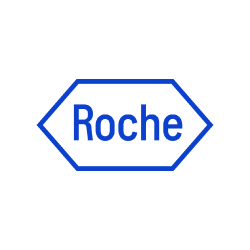PARTNERING
Partnering
Scientific Collaboration
Building the Next Generation of
Immune Therapies Together
We actively partner with academic institutions, clinical research centers, hospitals, and biotech innovators to accelerate the discovery and development of first-in-class immunotherapies targeting metabolic checkpoints.
We’re particularly interested in
collaborations that help us
01
Advance our understanding of immune-metabolic regulation in cancer, metabolic, and immunological diseases.
02
Explore novel therapeutic targets in immuno-oncology and metabolic immunotherapy.
03
Discover ideal companion therapies for high-need indications to guide clinical development.
04
Accelerate the clinical translation of novel immune-modulating therapies.
If you interested in bringing innovative therapies to patients, we welcome the opportunity to collaborate.
Contact usWhy Partner with Pilatus Biosciences?
Targeting the Root of Immune Suppression
Dual Mechanisms to Address Hard-to-Treat Diseases
Pioneers in Immune Metabolism
Recognized Innovation
Versatile for Combination Therapies
Partners







